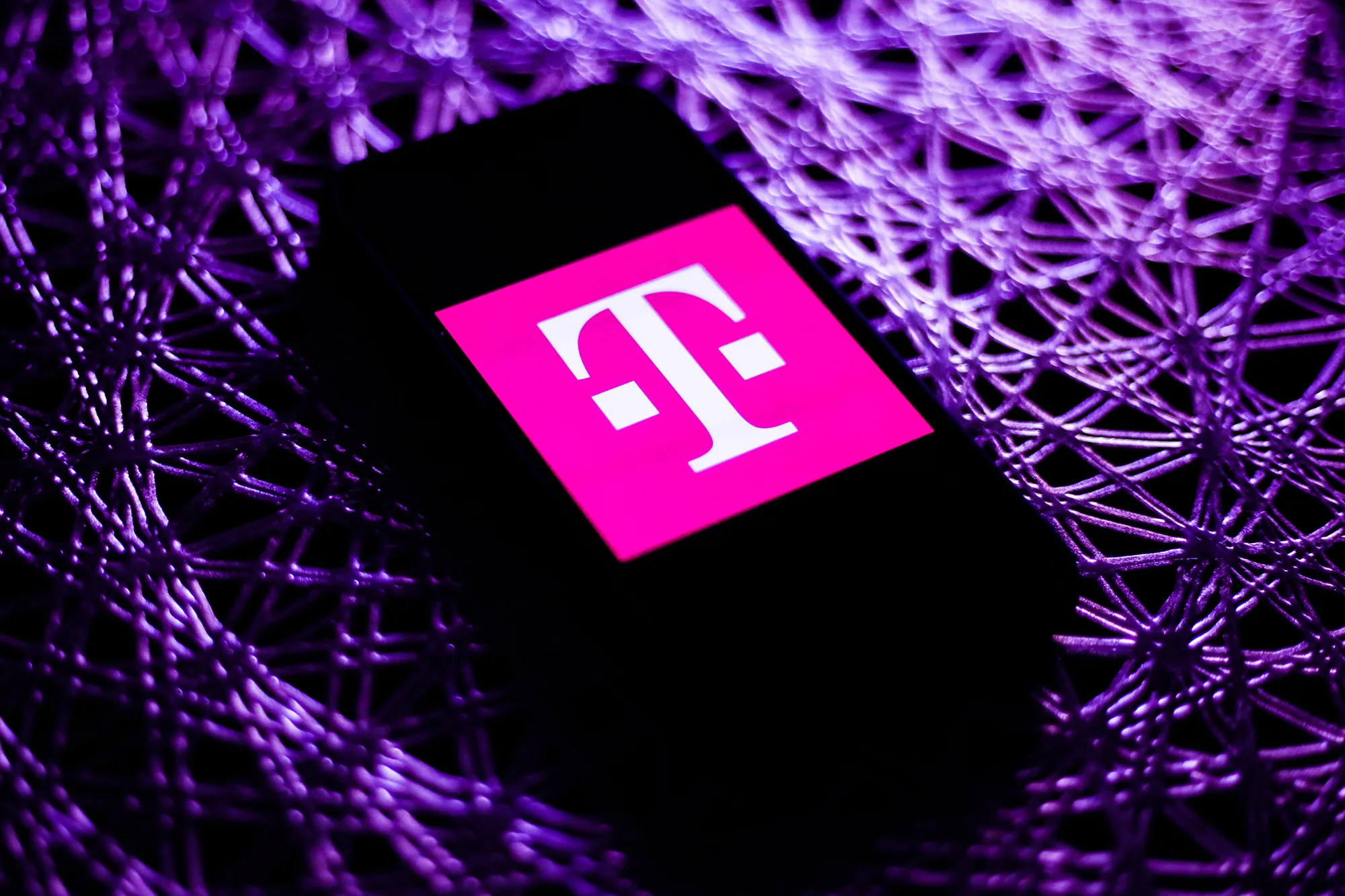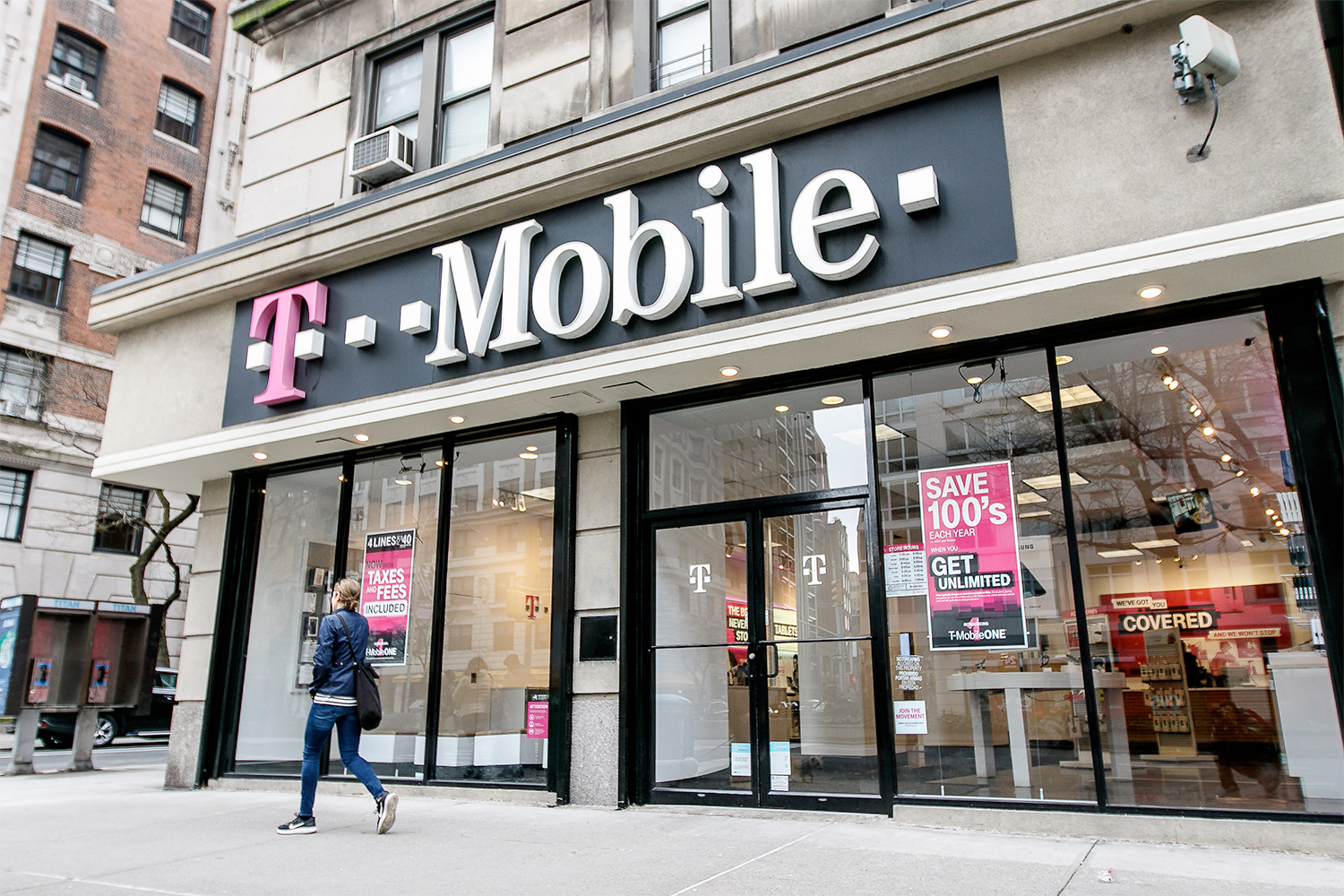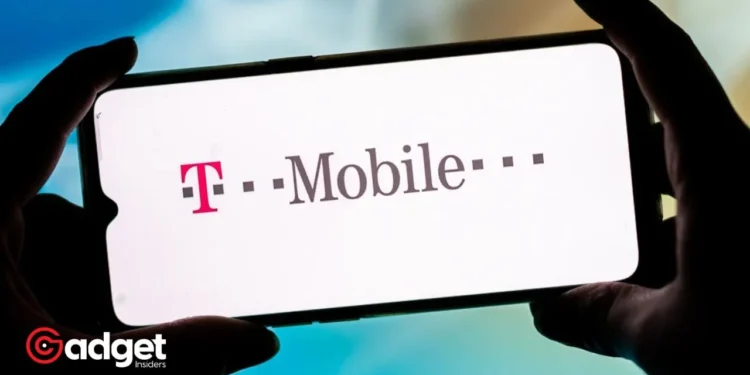In an era where the digital domain rules supreme, telecom giants like T-Mobile become lifelines, connecting us to the world. Yet, when the efficiency of automation and policy rigidness clash with human tragedy, the results can be startlingly cold. This was the reality for a grieving father, faced with a $900 charge from T-Mobile following the devastating loss of his 19-year-old daughter.
The ordeal began innocuously with a family decision to switch their cell service from T-Mobile to Verizon. This transition included canceling their late daughter’s phone line. However, due to a lapse in customer service, the line remained active, incurring charges amounting to $900 over several months.

T-Mobile: The Corporate Maze
Upon discovering the oversight, the father reached out to T-Mobile, only to be met with a bureaucratic nightmare. Requests for account PINs and instructions to visit physical stores did little to navigate the labyrinth of corporate policy.
The situation reached its pinnacle of annoyance when, following a laborious path of seeking resolution, a representative from T-Mobile ominously warned of the possibility of credit ruin if the statements were contested.
It’s a scenario that feels ripped from the pages of a dystopian novel, where the grieving are penalized further under the guise of protocol. This not only sheds light on T-Mobile’s handling of the situation but also casts a shadow on the telecom industry’s approach to customer empathy and resolution efficiency.
T-Mobile Charged A Customer $900 After Their 19-Year-Old Daughter Died. Its Response Is What No Company Should Ever Do | https://t.co/sEkAhE05yu https://t.co/PSK0Fq5pwy
— BP Top Daily Tech News (@BPTopDailyTech) March 16, 2024
The Bigger Picture: Policies vs. People
This incident is emblematic of a larger issue within the corporate landscape. The balance between operational efficiency and human empathy seems to be teetering dangerously towards the former. It’s a cautionary tale of what happens when policies overshadow the basic tenets of humanity.
Empowerment at the customer service level could have averted this entire situation. Had the representatives been vested with the authority to act beyond the script, to see through the lens of human experience, the story might have ended differently. It raises the question: At what point do we allow human discretion to guide decisions within the corporate machine?
A Silver Lining?
Eventually, the outcry and potential media fallout prompted T-Mobile to refund the charges, a move that, while rectifying the financial aspect, could not undo the emotional turmoil inflicted. It serves as a stark reminder of the value of empowering employees to make decisions that resonate with empathy and understanding.

Looking Forward: Lessons for the Corporate World
This narrative extends beyond T-Mobile and touches the core of corporate responsibility. It’s a call to action for companies to weave empathy into the fabric of their customer service ethos. The lesson here is clear: When tragedy strikes, policies should not stand in the way of doing the right thing.
In the digital age, where transactions are often devoid of human interaction, companies must remember the human element.
As we navigate through the complexities of life, a little empathy can go a long way. It’s time for the corporate world to take note and act not just as service providers but as compassionate entities capable of understanding and responding to human needs.
T-Mobile: Moving Ahead
As we reflect on this incident, it becomes evident that the path to reconciliation between corporate efficiency and human empathy is fraught with challenges.
Yet, it is a journey worth embarking on. In the end, it’s not just about policies or profits, but about people and the understanding that sometimes, the most humane act is to simply do the right thing.










